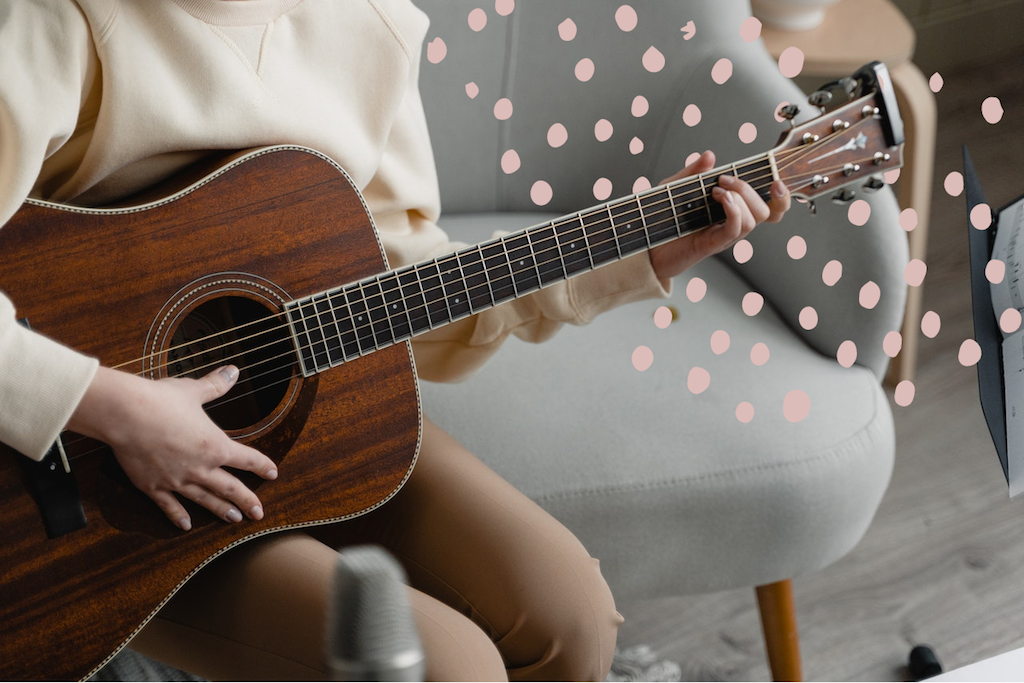To many, learning to play an instrument as an adult seems like an intimidating, unthinkable task. While you’re unlikely to become a prodigy if you pick one up in later in life (although we’d love for you to prove us wrong) it can still be an incredibly engaging and rewarding activity, with creative pursuits offering therapeutic benefits galore. So with that in mind, here‘s why every adult should learn a musical instrument.
It’s Easier For Adults Than You Think
According to the Huffington Post, adults have some advantages over children when it comes to learning how to play an instrument. After so many stories about the ease with which the kids pick up new skills, this is music to our ears. We come with an ‘extra edge’ because we’ve listened to music our entire life and therefore find it easier to understand the basic structure of song. We also have more discipline because this time, our parents aren’t forcing us to learn – we actually want play!

A True Sense Of Accomplishment
It’s a conversation we’ve all had, numerous times in our lives and for the majority of us, it goes a little something like this:
Your new friend: “Do you play a musical instrument“.
You “I did when I was younger, do you play?”
Your new friend “I used to play the piano when I was in school”
In reality you both had about four lessons then gave up and moved onto your next childhood obsession. Wouldn’t it feel great to finally be able to answer that question with “I do” and be filled with a sense of pride and accomplishment – which incidentally is good for our mental health as it makes you feel more positive and uplifted.
It Relieves Stress & Anxiety
Here at IDEAL, one of the first things we do after a stressful day is to put on some soft, soothing music – it instantly makes us feel more relaxed and in control of de-briefing the day. Indeed, listening and playing music has a unique effect on our bodies; not only is it relaxing and therapeutic, but research also shows that playing a musical instrument can lower stress and anxiety levels, and as such can help to bring your blood pressure and heart rate down.
There’s also evidence that creating music enhances the immunological response, which enables us to fight viruses. Great news all round, then.

A New Way To Expand Your Social Life
Learning to play a musical instrument will expand your social life no end. You could join in with a small local performance group or find a space where you can play with others; anything which is musical is vastly improved with others to harmonise with. Whether it’s the flute, guitar, mandolin or cello, the synergy of different instruments creates a richer sound. To avoid picking up bad habits that could limit your ability to play in a group, it’s a good idea to seek out the services of a teacher, of course.
A Fun Form Of Exercise
No matter what kind of instrument you decide to learn, you’re going to be engaging in physical activity, and that’s always good for you. Of course, play something heavy, and you also have the added physical exercise of carrying it to rehearsals. If you’re looking for an instrument to give yourself a proper workout, then look into learning to play the drums. Exhausting, perhaps, but an amazing form of cardio too. Yep, we’ve noticed how muscular drummers tend to be, too. A ringing (in your ears) endorsement, we think.

A Chance To Improve Your Listening Skills
It’s a sad fact that we don’t listen as much as we talk. In fact, most of us are pretty terrible listeners. Full stop. But learning to play music means that you will naturally train your ears to listen. That’s true whether you’re playing on your own or with other people.
From singing in chorus at church or joining a jazz improvisation with other players, all the way to tapping away at piano keys in the privacy of your own home, you’re going to be training your ears and your mind for listening more intently to timing, expressions, and even tuning. And when those skills are applied to everyday life, you’ll find yourself a better listener all round.
It May Well Make You Smarter
Learning to play an instrument does all sorts of good things to the brain and can really give that grey matter a great workout. You’ve got to concentrate and learn those different notes, timings and how to understand sheet music, forcing you to use more of your brain which in turn improves your memory and abstract reasoning skills. It can also improve your ability to focus as well as your spatial, visual and verbal skills.
We like to think of learning to play and instrument as brain training, giving us a stronger cognitive function that could lower the risk of dementia. Learning an instrument has been shown to help boost levels of creativity, too. What’s not to love?





